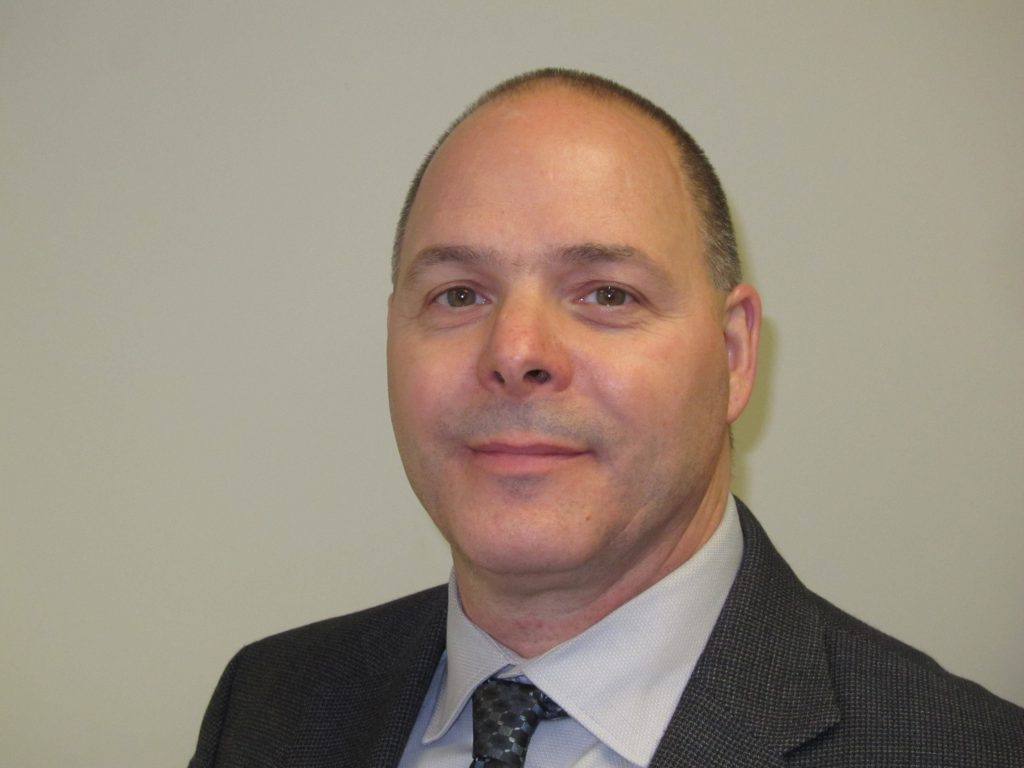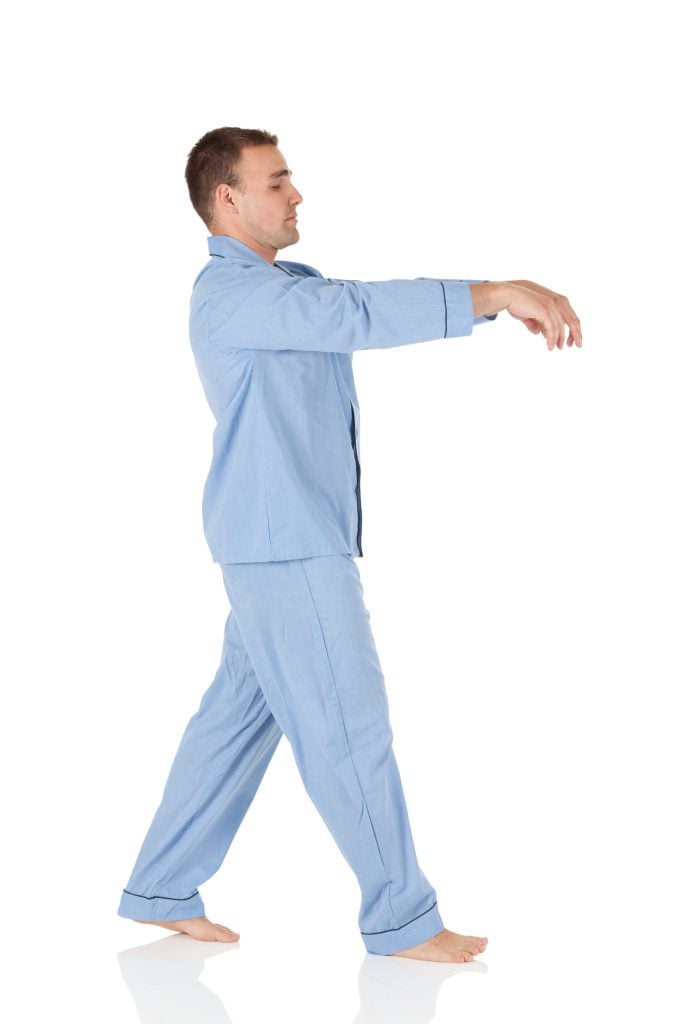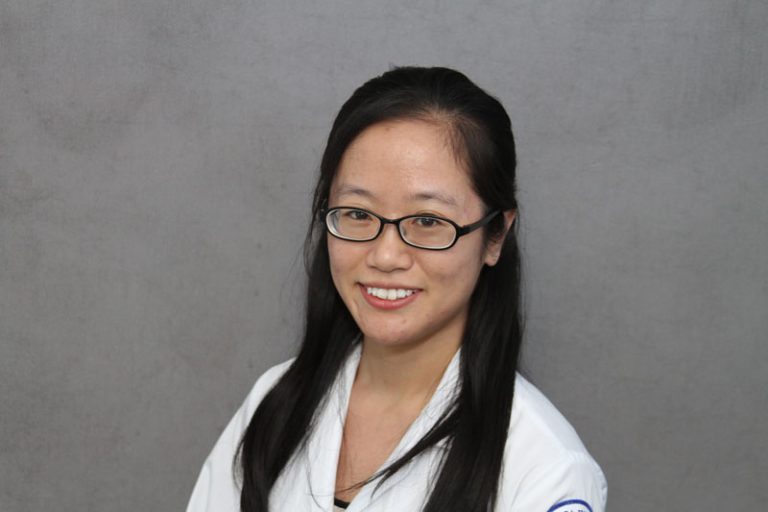Your primary care physician (or PCP) is typically your first point of contact when you needed non-emergency medical treatment. They are trained to treat most conditions and if they can’t provide care, they can help you find a specialist best suited to help you.
Unfortunately, fewer people today are utilizing the services of a PCP. Studies have determined that the rate of American adults with a primary care doctor has steadily declined over the last decade. The most recent data suggests that one quarter of Americans currently do not have a primary care physician.

There are multiple factors that can account for this trend. One reason is our ability to research and self-diagnose illness on the internet. Another factor is the recent proliferation of ‘urgent care centers” where individuals can seek convenient care. While both of these advents do have their benefits, neither should take the place of a primary care physician.
There are many benefits to having a primary care physician, including:
- Familiarity – Simply put, your PCP knows you best. Through regular appointments, they will get to know you, understand the intricacies of your health, and develop a trust that will foster communication and allow them to provide more personalized care.
- Comprehensive care– Your PCP is usually your first point of contact for care. They are familiar with your medical history and know what questions to ask to ensure that you receive appropriate care.
- Prevention and management – Your PCP is not only responsible for treating you when you are sick. By conducting routine screenings, they can monitor for the existence of any potential chronic conditions or diseases and help you manage and treat them once detected.
- Coordination – While a PCP is trained to manage most physical and mental health conditions, they also understand when specialty care is necessary. They can provide referrals to experts and serve as a hub to ensure that information is appropriately shared between providers.
It has been found that those who have a PCP receive more preventative screenings and better management of chronic conditions. They also require fewer visits to the Emergency Department, are hospitalized less and generally live longer, healthier lives.
If you would like to schedule an appointment with a primary care physician at Jamaica Hospital’s Family Medicine Center, please call 718-206-6942.
All content of this newsletter is intended for general information purposes only and is not intended or implied to be a substitute for professional medical advice, diagnosis or treatment. Please consult a medical professional before adopting any of the suggestions on this page. You must never disregard professional medical advice or delay seeking medical treatment based upon any content of this newsletter. PROMPTLY CONSULT YOUR PHYSICIAN OR CALL 911 IF YOU BELIEVE YOU HAVE A MEDICAL EMERGENCY.











